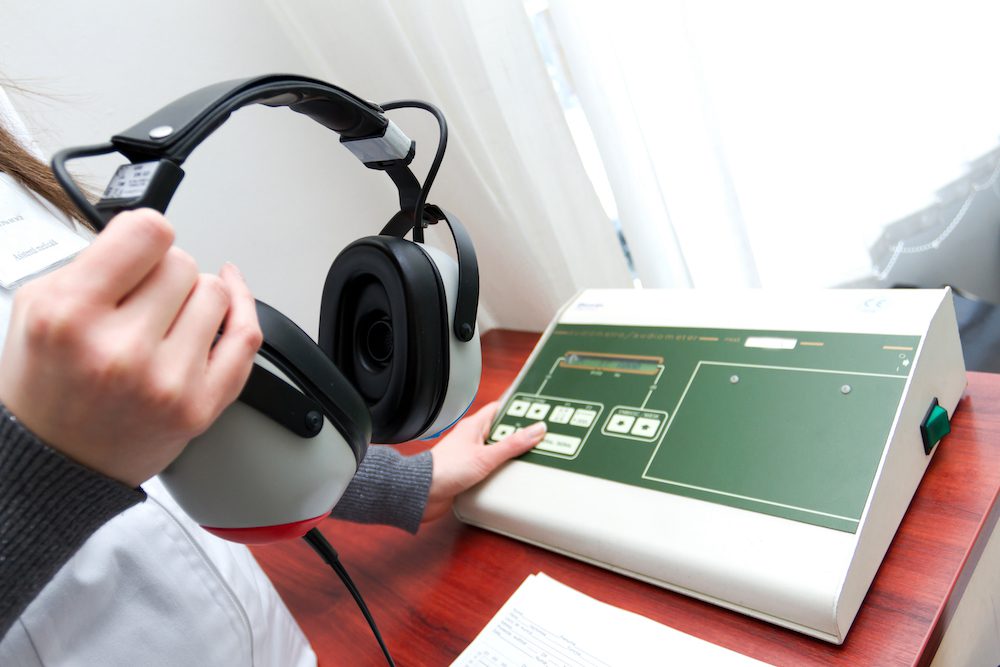
In the U.S., hearing loss is really very common and affects people of all ages. When hearing loss happens slowly, it can be hard for many people to notice the signs. If you don’t know how good your hearing is, you could very well want to get it tested.
Since loss of hearing can happen at any time, here are some things to keep in mind about hearing tests to help you determine if it’s time to find and book an appointment with a hearing health professional.
Signs You Need a Hearing Test
Babies are given their first hearing test in the maternity ward of the hospital. At school, children and teens are frequently tested for hearing loss. Most likely, you’ll need to have a hearing test as an adult. It’s time to have your hearing checked out if you notice any of the following symptoms:
- Ear ringing, buzzing or other phantom sounds.
- Frequently asking individuals to repeat themselves.
- Hearing a discussion is difficult, particularly when there is background noise.
- Others have complained that you speak too loudly.
- Family and acquaintances remark that the volume on the television or radio is too high.
Because hearing loss develops gradually, you may be experiencing it for years before it is recognized.
Types Of Hearing Tests
There are hearing tests and screenings available. Hearing tests are usually part of a medical exam, and you can even get them at health fairs and on the internet. Screenings are not actual hearing tests. Instead, they are a pass and fail test to find out how likely it is that someone will lose their hearing. If you don’t pass a hearing test, you probably have trouble hearing.
Real hearing tests check how well you can hear different frequencies and tones. The decibels (dBs) and hertz (Hz) are used to measure these. The usual battery of hearing tests comprises the following:
- Pure-tone audiometry
- Speech discrimination examinations
- Tympanometry
- Testing for otoacoustic emissions
Both speech discrimination and pure-tone audiometry tests focus on the sounds you can hear. Both tympanometry and otoacoustic emission testing look at how well your ears work. In addition to these tests, electrocochleography or auditory brainstem reaction testing might well be done.
Types Of Hearing Loss
If the test shows you have hearing loss, it could be one of many different kinds.
Sensory hearing loss is by far the most common type. It can be caused by old age, loud noises or medicines that have hearing loss as a side effect. This kind of permanent hearing loss happens when the hair cells in the cochlea die. Hearing aids can help you get the most out of the hearing you still have by amplifying sounds and sending them to your ear.
Conductive hearing loss happens less often but is easy to fix. This happens when the middle ear or outer ear can’t pick up sound because of an illness or a buildup of wax. When the obstruction is gone, hearing usually comes back.
Sensorineural hearing loss plus conductive hearing loss is often called mixed hearing loss. This means that, in addition to having different causes, both may have some of the same symptoms.






